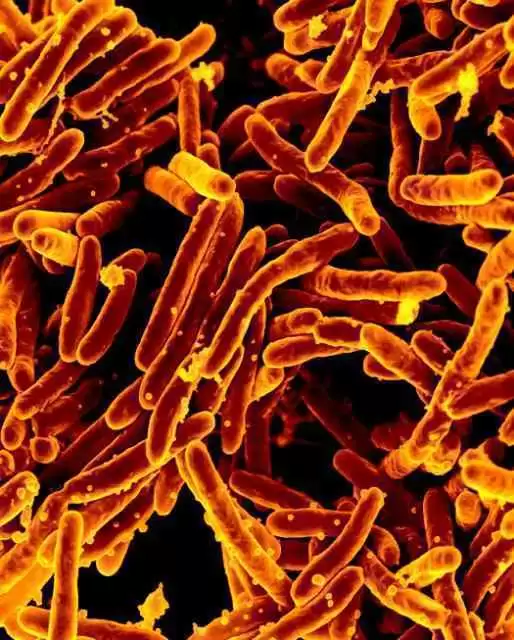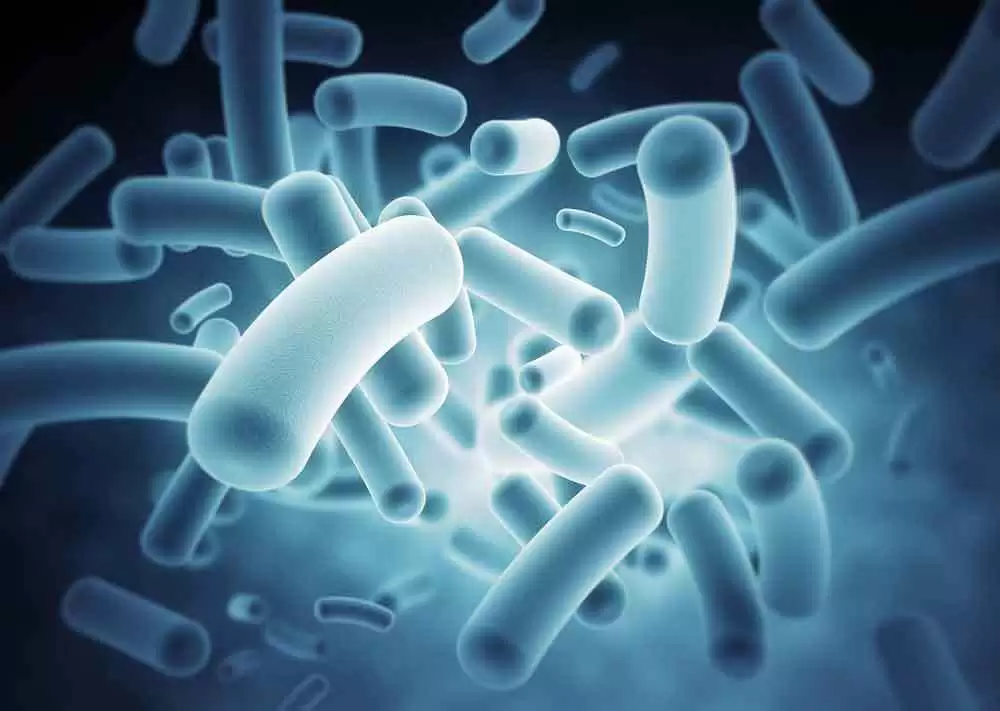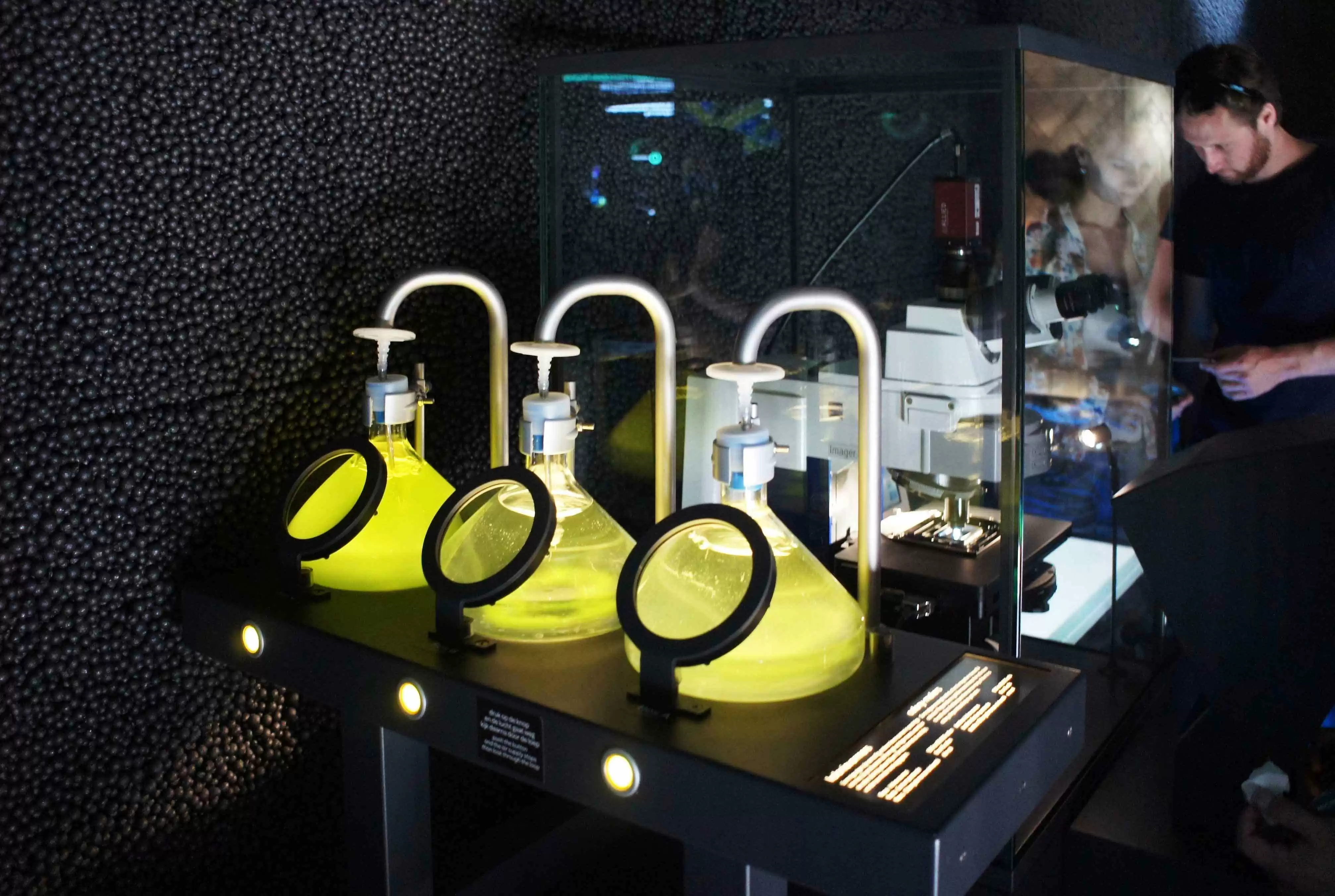
Celiac.com 11/26/2020 - For all that recent research has told us about celiac disease, we still don't know whether changes in the intestinal microbiota of children with celiac disease contribute to the disease, or if they are a result of disease and/or its treatment with a gluten-free diet.
A team of researchers recently conducted a study to better understand the issue. The research team included Konstantina Zafeiropoulou, Ben Nichols, Mary Mackinder, Olga Biskou, Eleni Rizou, Antonia Karanikolou, Clare Clark, Elaine Buchanan, Tracey Cardigan, Hazel Duncan, David Wands, Julie Russell, Richard Hansen, Richard K. Russell, Paraic McGrogan, Christine A. Edwards, Umer Z. Ijaz, and Konstantinos Gerasimidis.
Celiac.com Sponsor (A12):
They are variously affiliated with the Human Nutrition, School of Medicine, Dentistry and Nursing, College of Medical, Veterinary and Life Sciences, University of Glasgow, New Lister Building, Glasgow Royal Infirmary, Glasgow, Scotland; the Department of Paediatric Gastroenterology, Royal Hospital for Children, Glasgow, Scotland, UK; and with the department of Civil Engineering, School of Engineering, University of Glasgow, Glasgow, Scotland, UK.
The team assessed fecal samples from 57 healthy children, 20 children with new-onset celiac disease, 45 with celiac disease on a gluten-free diet, and 19 unaffected siblings of children with celiac disease in Glasgow, Scotland.
The team used 16S ribosomal RNA sequencing to analyze samples, and gas chromatography to measure diet-related metabolites and looked at fecal samples from 13 children with new-onset celiac disease after 6 and 12 months on a gluten-free diet. They then assessed the connections between diet composition, microbiota, gastrointestinal function, and biomarkers of gluten-free diet compliance.
Microbiota diversity was similar among the groups. The team saw no microbial dysbiosis in children with new-onset celiac disease. Most of the variation in microbiota composition was explained by the gluten-free diet.
The difference in taxa between the groups was about a 3% to 5%, and celiac disease was marked by a specific microbe signature of eleven distinctive operational taxonomic units with high diagnostic probability. About 75% to 94% of the relevant differences between patients on a gluten-free diet with new-onset celiac disease vs healthy children were associated with nutrients and foods, and with biomarkers of gluten ingestion. Meanwhile, fecal levels of butyrate and ammonia decreased with a gluten-free diet.
A number of the differences in the gut microbiota of children with established celiac disease appear to result from a gluten-free diet.
Meanwhile, it's clear from the data that specific bacteria serve a distinct biomarkers of celiac disease. Further study will help to determine whether these bacteria contribute to celiac disease development.
Read more in Gastroenterology








Recommended Comments
Create an account or sign in to comment
You need to be a member in order to leave a comment
Create an account
Sign up for a new account in our community. It's easy!
Register a new accountSign in
Already have an account? Sign in here.
Sign In Now